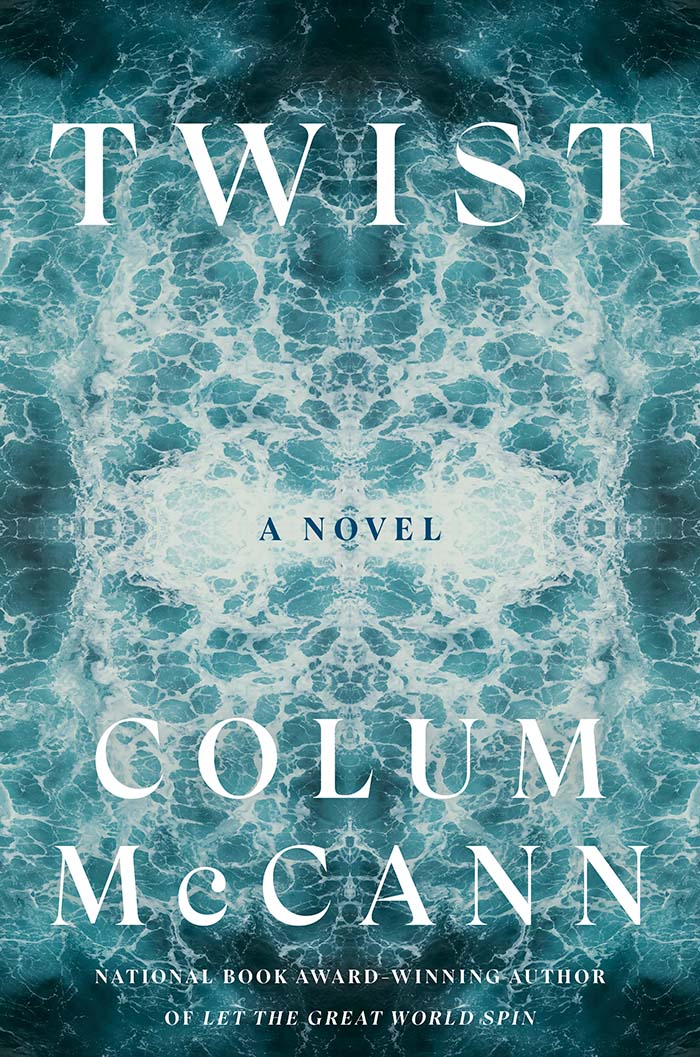
Your Last Line
Gogol said that the last line of every story was: “And nothing would ever be the same again.” Nothing in life ever really begins in one single place, and nothing ever truly ends. The last line of your story should be the first of your next. But stories have at least to pretend to finish. Don’t tie it up too neatly. Don’t try too much. Often the story can end several paragraphs before. Find the place to use your red pen. Print out several versions. Go to a park bench. Discover silence. Read each version over and over. Go with the one that you feel to be true and a little bit mysterious. Don’t tack on the story’s meaning. Don’t moralise. Don’t preach. Trust your reader. Have faith that they have already gone with you on a long journey. They know where they have been. They know what they have learned. They know already that life is dark. You don’t have to flood it with last-minute light. But don’t be scared of rawness either. You want the reader to remember. Try, if possible, to finish in the concrete, with an action, a movement, to carry the reader forward into the ongoing story. Never forget that a story begins long before you start it and ends long after you end it. Allow your reader to walk out from your last line and into the language of her own imagination. This is the true gift of writing. It is not yours anymore. It belongs in the elsewhere. It is the place you have created. That place is not static. In other words, your last line is the first line for everybody else. Shake up their perception of the world. Combine worlds. Combine words. Find some lastline grace.
